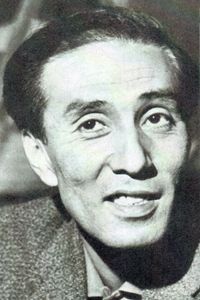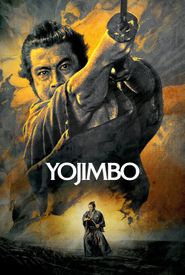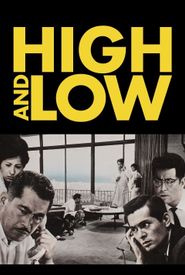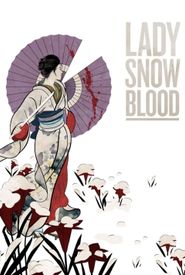Kô Nishimura, a renowned Japanese actor, entered this world on January 25, 1923, in the bustling city of Sapporo, which is located in the northernmost island of Hokkaido, Japan. Throughout his illustrious career, he gained recognition for his captivating performances in a multitude of films, including the critically acclaimed "The Bad Sleep Well" released in 1960, the iconic "Yojimbo" which premiered in 1961, and the gripping "High and Low" that hit the screens in 1963. Unfortunately, his life came to a close on April 29, 1997, in the vibrant city of Tokyo, Japan.

Kô Nishimura
Deceased · Born: Jan 25, 1923 · Died: Apr 29, 1997






































